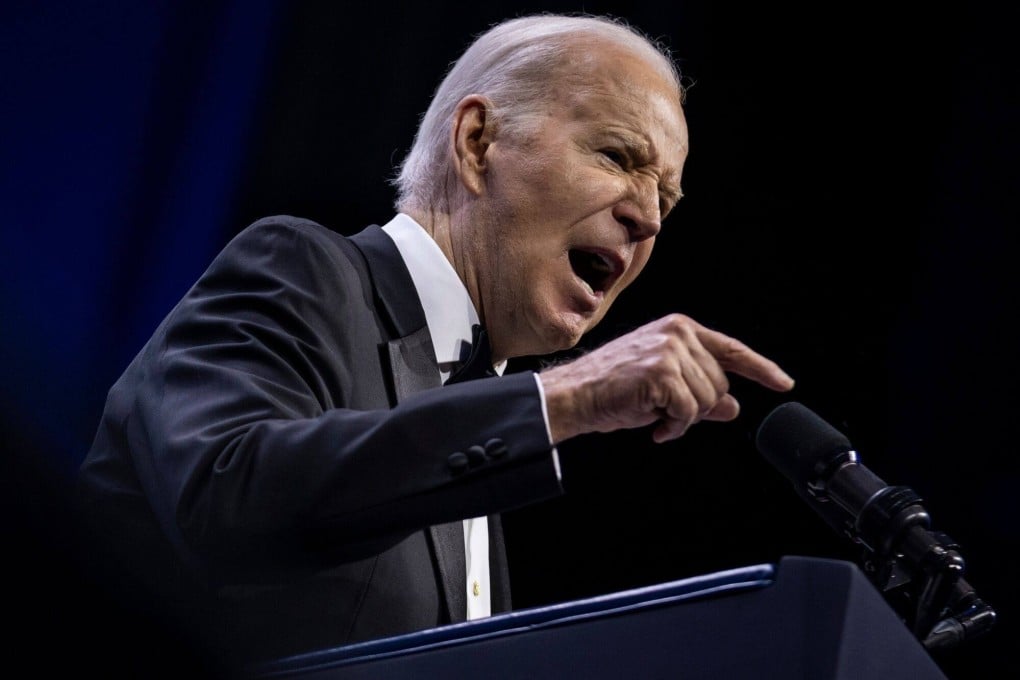Opinion | US trade policy towards China is dangerously incoherent
- US political leaders have resorted to playing the blame game to convince voters they are fixing the trade deficit
- But, by going after China, they are ignoring the root of the problem – the federal government’s unchecked spending – while increasing the risk of a full-blown superpower conflict

Blame is about politics, not economics. Students of economics are taught almost immediately to respect a basic premise of national income accounting: that a country’s trade balance is equal to the difference between investment and saving. It follows that any savings-short economy wanting to invest and grow must borrow surplus savings from abroad, which requires balance-of-payments and trade deficits with the rest of the world.
This conceptual framework fits the US economy to a tee. In 2023, the US net domestic savings rate – the combined depreciation-adjusted savings of individuals, businesses and the government sector – was negative, at minus 0.3 per cent of national income. This has happened across multiple quarters only once before: during and immediately after the global financial crisis of 2008-09.

